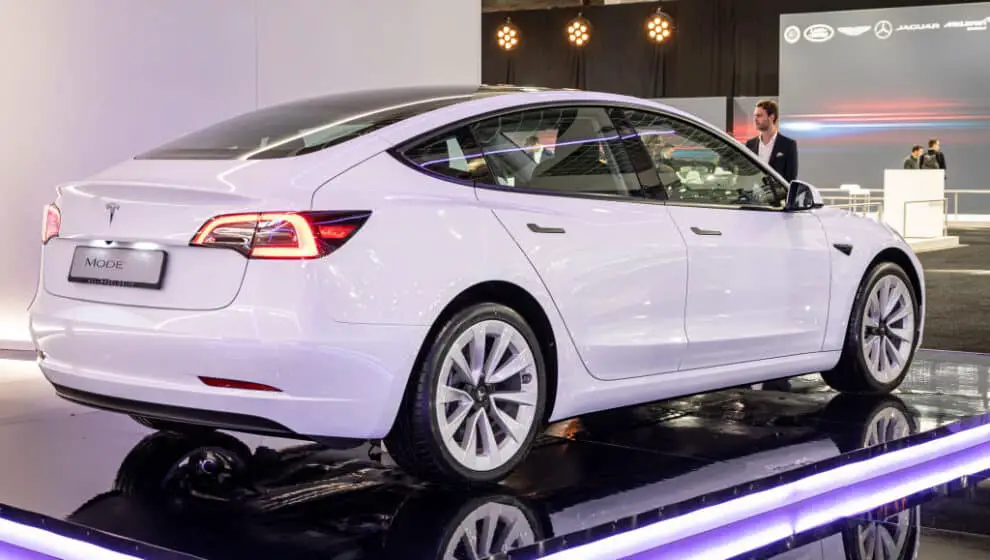Tesla recently dropped its prices dramatically, and the impact is being felt across the auto industry as other EV brands struggle to keep up.
Key Details
- Tesla recently started dropping its prices by as much as 20% to boost sales and make vehicles eligible for tax credits.
- The Model 3 Sedan is now $4,930 less than the average new vehicle sold in the U.S., and the more expensive Model Y sport utility vehicle had a $13,000 price drop earlier in the year.
- The Tesla Model S now starts at $89,990, a 5.3% decrease, and the Tesla Model X now starts at $89,990, a decrease of 9.1%.
- Other retailers are following the EV giant’s lead, including Ford, which dropped the price of its electric Mustang Mach-E by an average of $4,500, and Lucid Group Inc. began offering $7,500 discounts on its EVs.
Why it’s news
The fight for EV sales is starting as the number-one EV maker has been dropping its prices dramatically, sending a ripple effect through the auto industry.
Tesla is the leading EV manufacturer—bringing in more than $81 billion in revenue for 2022. As more tax credits boosted EV sales, some of the higher-priced Teslas did not meet the price requirements leading the company to drop prices by as much as 20%.
With plenty of cash reserves, the company can afford to reduce prices since it makes a significant profit from its vehicles, and now that the prices are lower, more customers are opting to choose a Tesla because it is top of the line and now a cheaper electric option.
The price drop has started a frenzy in the EV world as other businesses are pushing to compete with Tesla by dropping prices as well, but many startups are attempting to make quality vehicles, but due to most still being at the beginning of construction, the price drops are hurting business.
“Tesla’s price cuts make all other EVs and [internal combustion engine vehicles] look incrementally more expensive, is margin compressive and sends a chill across the used car market,” says Morgan Stanley analyst Adam Jonas in an investor note.
After Tesla dropped its prices initially, other large manufacturers, such as Ford, followed suit by dropping its EV prices as well, but some of the EV startups cannot afford to lower prices any more than they have already done.
The price drops have also hurt the gas-powered car industry, as the most recent price decline led the EV brand to undercut the average gas-powered car by nearly $5,000 in the U.S.
The average cost of a new combustion vehicle has risen more than $10,000 since the start of the pandemic, to $47,920 in January, according to data from Bloomberg. The rise in prices is due mainly to the shortage of computer chips and other shortages brought on by shutdowns during the pandemic.
Many consumers reported that the high price of EVs was the driving factor behind them not switching to electric, but now that a new Tesla undercuts the price of a new combustion vehicle, it is likely more Americans will switch to EVs.

